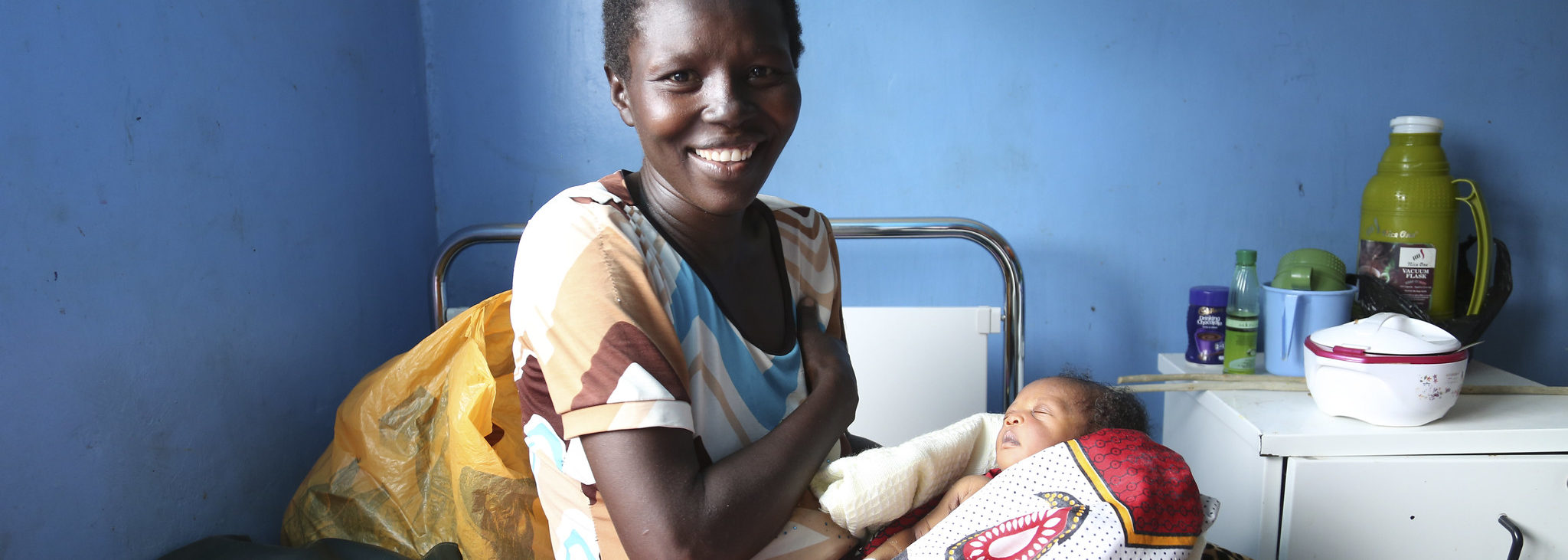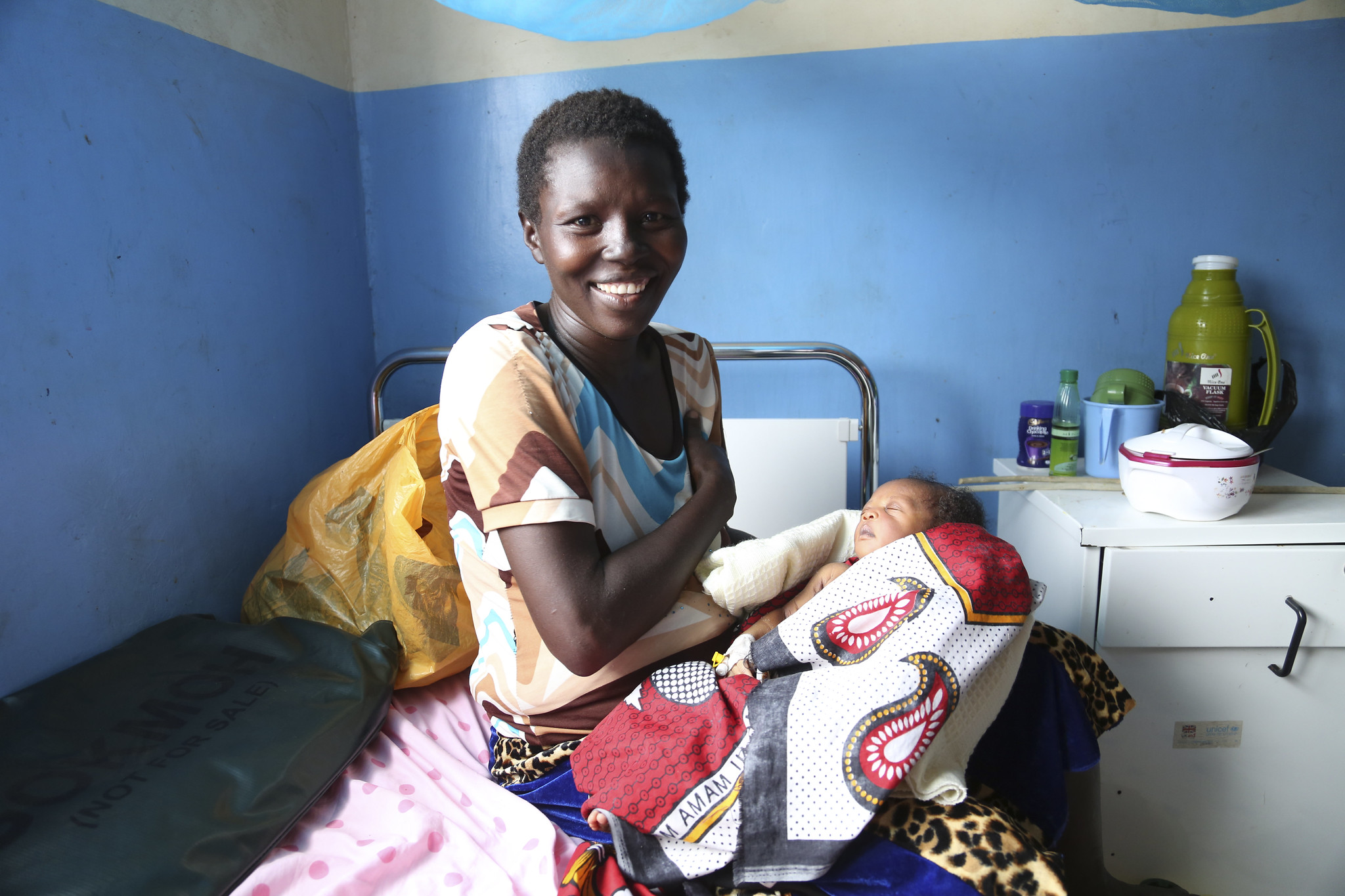Published: 07/08/2021
Every year, thousands of newborn babies in Sub-Saharan Africa are going blind because physicians lack the training, supplies, and equipment they need to address an eye disease that can affect premature or very low birthweight babies, called Retinopathy of Prematurity (ROP). And yet, with the right awareness, knowledge and equipment to diagnose the condition and provide the needed oxygen in the early months of life, ROP is entirely preventable.
The International Pediatric Ophthalmology and Strabismus Council (IPOSC) recently launched an ROP Task Force entitled “Stop Infant Blindness in Africa” (SIBA). SIBA’s mission is to reduce this form of preventable blindness in Sub-Saharan Africa through assessing needs, training local physicians, and providing equipment. They will do so using a participatory approach which produces evidence from the bottom up to inform organizations of the needs of the potential service users. (Learn more about SIBA in this video funded by the Children’s Eye Foundation of AAPOS, which runs the SIBA program with IPOSC).
This research project proposes to gather critical data to assess the efficacy of the SIBA project and provide insight into avenues to scale the initiative to eventually eradicate the ROP epidemic in this region of the world.
This project will be an important opportunity to bring together an alliance of international collaborators to learn about how to implement a new approach to shaping systems of care for premature infants.
Principal Investigator Sarthak Shah
“This project will be an important opportunity to bring together an alliance of international collaborators to learn about how to implement a new approach to shaping systems of care for premature infants,” said Co-PI Sarthak Shah. “This research will develop a novel multidisciplinary, context-appropriate approach to improving population health, particularly in an environment where programs are designed and implemented top-down.”
Principal investigators: Sarthak Shah, Scott Lambert
Photo Credit: Unicef Ethiopia, Flickr

